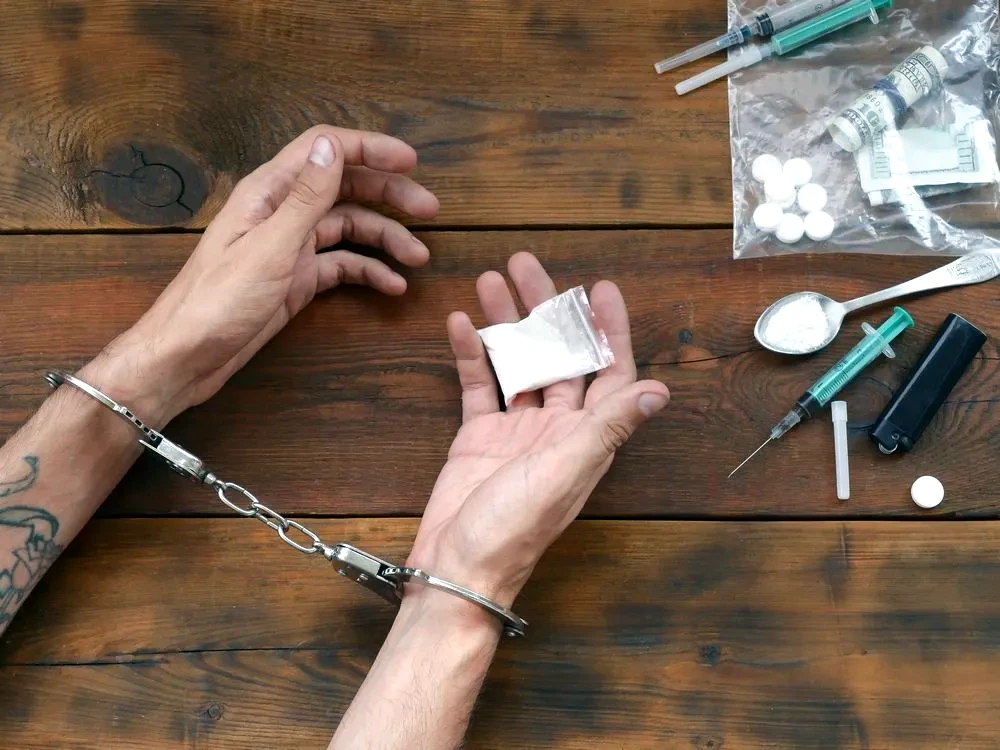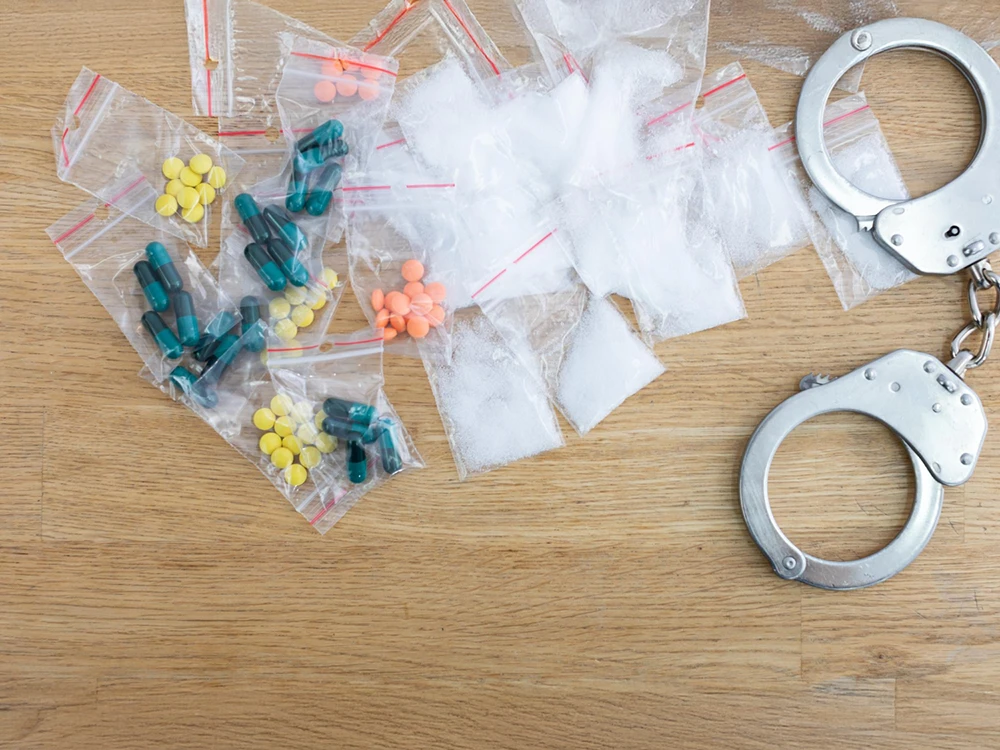Access to Florida’s drug court system can play a pivotal role in shaping the outcome of a criminal case, particularly for defendants whose conduct stems from substance abuse challenges. When a trial court improperly denies admission to drug court, the consequences can significantly alter a defendant’s exposure to penalties and available treatment options. A recent decision from a Florida court highlights the importance of ensuring that trial courts follow the statutory eligibility criteria and avoid unsupported decisions lacking competent, substantial evidence. If you are accused of a drug offense, it is in your best interest to consult with a Tampa criminal defense attorney because errors in drug court eligibility rulings can be corrected through appellate intervention. Individuals facing similar issues should consult a Tampa drug crime defense attorney as soon as possible.
Facts and Procedural History
Allegedly, the defendant petitioned for a writ of certiorari after the county court denied his request for admission into drug court. The defendant argued that the ruling departed from the essential requirements of law because it lacked competent substantial evidence and conflicted with the governing statutory criteria.
Reportedly, the defendant’s motion for drug court admission cited section 948.08(6)(b), Florida Statutes, which sets forth the eligibility requirements for voluntary admission into a pretrial substance abuse education and treatment program. The motion asserted that the defendant had a documented substance abuse problem, was amenable to treatment, was charged with a nonviolent felony, and had no more than two prior nonviolent felony convictions. Continue Reading ›
 Tampa Criminal Lawyer Blog
Tampa Criminal Lawyer Blog











